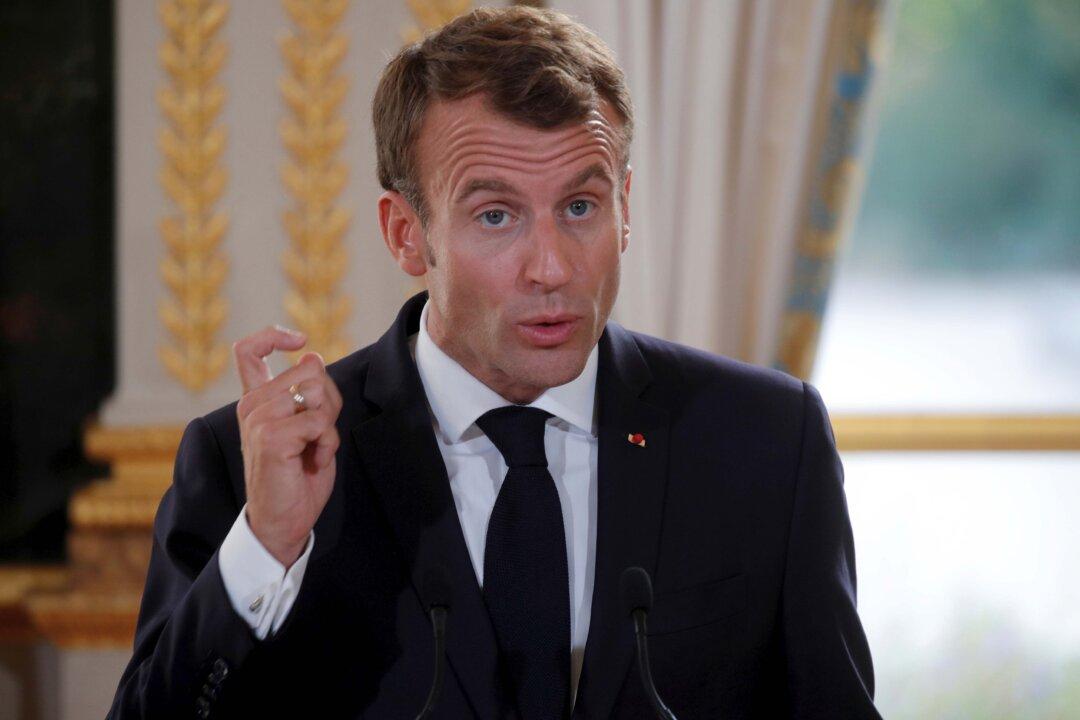PARIS—President Emmanuel Macron, hit by a slump in popularity, faces a nationwide protest this weekend over rising fuel taxes that threatens to gridlock France’s roads and show the depth of discontent with his reforms to reshape the economy.
Dubbed the “yellow vest” movement, demonstrators are threatening to block motorways and access roads to some oil depots, including in Calais near the Channel Tunnel, a major passenger and freight link into Britain.





